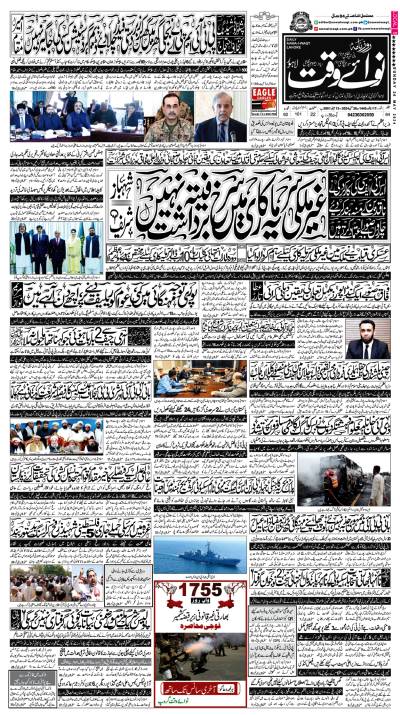The World Bank’s recent demand for Pakistan to establish a unified General Sales Tax (GST) collection agency has sparked a critical debate. While the objective of streamlining tax collection and broadening the tax base is undeniably desirable, the proposal necessitates a closer examination through the lens of Pakistan’s unique economic and political landscape.
Firstly, the 18th Amendment significantly devolved power from the federal government to the provinces. This included the transfer of authority over several taxes, including aspects of GST. Implementing a unified agency in such a decentralised environment raises concerns about potential federal overreach and infringement on provincial autonomy. Negotiations and a consensus-building approach involving all stakeholders are crucial to ensure a smooth transition that respects the existing constitutional framework.
Furthermore, the success of such a unified agency hinges on Pakistan’s current tax infrastructure. Are our existing systems robust and efficient enough to handle the complexities of a centralised collection mechanism? The World Bank acknowledges issues like overlapping service taxes collected by both federal and provincial entities. Addressing these redundancies and ensuring seamless interoperability are vital prerequisites before embarking on such a bold reform.
Moreover, a crucial question remains – will a unified agency truly deliver the desired results? We need an in-depth analysis of similar systems in other countries. Blindly replicating foreign models may not be ideal. Instead, we should adopt a system that aligns with our specific context, considering the proven successes and failures of existing models elsewhere.
Malaysia’s Goods and Services Tax (GST) system, overseen by a single agency, and Brazil’s SIPIC system for unified tax filing offer examples of efficient administration, reduced compliance burdens, and increased revenue collection. However, it’s important to acknowledge that these success stories have their own unique contexts, such as a strong central government or robust digital infrastructure, which might not be readily available in Pakistan.
India’s experience with a divided GST collection system highlights the challenges of inter-state transactions and compliance. Pakistan can learn from these complexities and strive for a more streamlined collection mechanism. Canada’s HST system, where the federal government collects both GST and PST in some provinces, offers a model of collaboration between federal and provincial governments that could be adapted to Pakistan’s context.
By studying these examples, Pakistan can tailor its approach to a unified GST collection agency. Factors like the country’s existing tax infrastructure, the level of federal-provincial cooperation, and the capacity for digitalization need to be taken into account. Learning from both the successes and failures of existing models will enable Pakistan to design a system that addresses its specific challenges and fosters efficient GST collection without undermining provincial autonomy
The World Bank’s emphasis on mobilizing revenue from underutilised sources like agriculture, capital gains, and real estate taxes is another point of contention. These sectors have historically enjoyed significant exemptions and presented enforcement challenges. Implementing effective taxation in these areas requires not just a unified agency but also a comprehensive strategy to address ingrained resistance and potential political hurdles.
The 7th National Finance Commission (NFC) award of 2010 envisioned increasing the tax-to-GDP ratio by 15% in five years through measures like taxing agriculture and real estate. However, this ambitious goal remained elusive. A unified agency alone cannot guarantee success without tackling the underlying issues that hampered the implementation of the NFC award.
The World Bank’s call for broader revenue reforms like closing exemptions and simplifying the Personal Income Tax (PIT) system is commendable. However, these measures need to be carefully calibrated to ensure fairness and minimise negative impacts on vulnerable sections of society. Enhanced social protection mechanisms must be in place to mitigate the potential hardship caused by any reduction in existing tax breaks for basic necessities. The Planning Commission’s proposed national planning framework, emphasising “synergy” between federal and provincial governments, is a step in the right direction. Achieving “balanced development and regional equity” requires a collaborative approach that respects the spirit of both the 7th NFC Award and the 18th Amendment.
The World Bank’s proposal for a unified GST collection agency presents a complex challenge. While streamlining tax collection and broadening the tax base are laudable goals, Pakistan’s specific economic and political realities require a cautious and consultative approach.
Majid Burfat
The writer is a freelance contributor.





